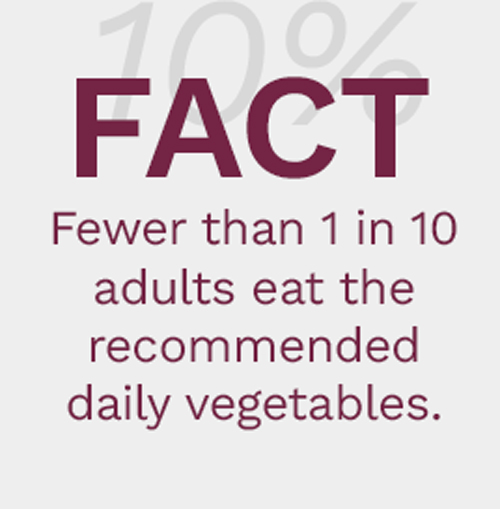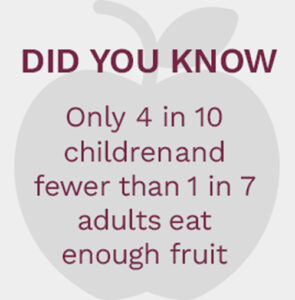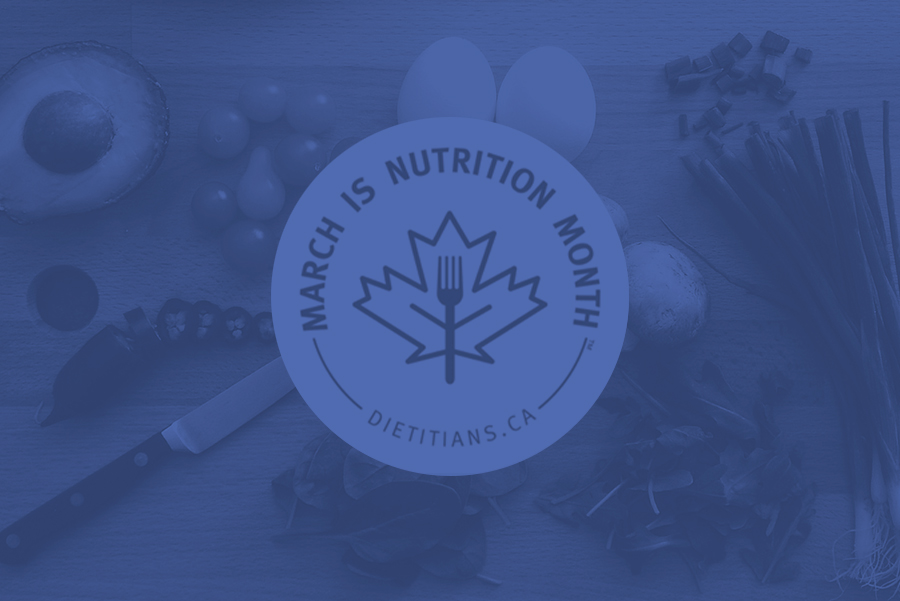March is Canadian Nutrition Month, an opportunity to acknowledge the importance of health and nutrition in our population.

This initiative is spearheaded by Dietitians of Canada, an organization that continually recognizes the influence that dietitians have on Canadian’s well-being. A registered dietitian can guide you in adapting your lifestyle and diet to help you reach your health and wellness goals.
Healthy Eating and Nutrition- Why’s it Important?
According to the World Health Organization, nutrition is a critical part of health and development. Proper nutrition is vital in the protection against illnesses and degenerative diseases.
Tips for Healthy Eating:
Choose High Fibre or Wholegrain Starches:
Starchy carbohydrates, like bread, potatoes, rice, and pasta, should make up a third of what you eat. High fibre and wholegrain starches contain more fibre than white or refined starchy carbohydrates, keeping you full longer and providing you with more energy. Whole wheat pasta and brown rice are excellent choices!
 Eat Fruits and Vegetables:
Eat Fruits and Vegetables:
It’s recommended that you eat at least 5 portions of fruits and vegetables everyday. Fruits and vegetables contain important vitamins and minerals, as well as high amounts of fibre.
A diet that contains high amounts of fruits and vegetables can help protect against cancer, diabetes, and heart disease. Try adding fresh fruit to your cereal or oats in the morning!
Skip Saturated Fats:
A high intake of saturated fat can increase the amount of cholesterol in the blood. Increased blood cholesterol can raise the risk of heart attack, stroke, and other heart problems. NHS UK recommends that men consume no more than 30 grams of saturated fat per day, while women should not consumer more than 20 grams. Opting for non-saturated forms of fat like avocado, vegetable oils, and fish ensures that you are getting the energy that your body needs, while helping to reduce the risk of heart disease.
Reduce Sugar Intake:
Consuming a heightened amount of sugar can increase your risk of tooth decay and obesity. It is important to monitor your intake of processed, refined, or synthetic sugars that are common in soft drinks, baked goods, and condiments. Indulge in “good” sugars instead, like those found in fruits, vegetables, and dairy.
Monitor your Sodium Intake:
A diet that is high in sodium can lead to an increase in blood pressure. Individuals with high blood pressure are at an increased risk for stroke and heart disease. According to NHS UK, adults and children aged 11 and over should eat no more than 6 grams of salt a day. Try adding flavour to your food with herbs opposed to spices. Garlic, chili, and lemon juice can add complex flavours to your meals!
Poor nutrition contributes to many costly diseases, including obesity, heart disease, and some cancers.
Join Team SNI as we celebrate Nutrition Month by ensuring we are taking care of our health and well-being through mindful and health-centered choices.
Contact us at info@sourcenutra.com for all your industry inquiries.




